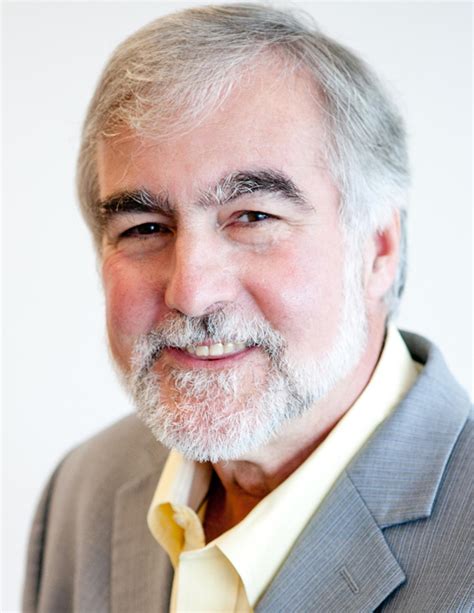A Quote by Roger Ross Williams
'God Loves Uganda' is a powerful exploration of the evangelical campaign to change African culture with values imported from America's Christian Right. The film follows American and Ugandan religious leaders fighting 'sexual immorality' and missionaries trying to convince Ugandans to follow Biblical law.
Quote Topics
Related Quotes
Graham functioned as a megaphone for conservative biblical ideas that dovetailed with conservative politics, including family, sexual morality, and adherence to laws. He was not only an evangelist, he was also an enforcer: enforcing conservative white Christian social beliefs and evangelical ethical claims as 'America's Pastor.'
That the religious right completely took over the word Christian is a given. At one time, phrases such as Christian charity and Christian tolerance were used to denote kindness and compassion. To perform a "Christian" act meant an act of giving, of acceptance, of toleration. Now, Christian is invariably linked to right-wing conservative political thought -- Christian nation, Christian morality, Christian values, Christian family.
The power of these recommendations is that they come from leaders representing a broad spectrum of religious conviction. At the table were people with Christian, Jewish, Muslim, Hindu, Native American and humanist perspectives, as well as individuals from advocacy groups ranging from the American Civil Liberties Union to the American Center for Law and Justice.
The first lady of Uganda is a devoted evangelical and beloved by the faith community. At an evangelical conference in Argentina, one minister said, "Mama Janet has given us the keys to Africa." She has done that by creating a nation that has embraced a Dominionist form of Christianity that believes that Christians have a God-given right to rule the world.
Religion that is imposed upon its recipients turns out to engender either indifference or resentment. Most American religious leaders have recognized that persuasion is far more powerful than coercion when it comes to promoting one's religious views. . . . Not surprisingly, then, large numbers of religious leaders have supported the Supreme Court in its prayer decisions.
Outside of America, there are many people, myself included, who champion values that, in some senses, could be thought of as traditionally American - the idea that everybody's equal, that the rights of women and men should be the same, that there should be no discrimination on religious or sexual orientation, that democracy and rule of law and due process are the ways in which society should govern themselves and minorities should be cared for.
































